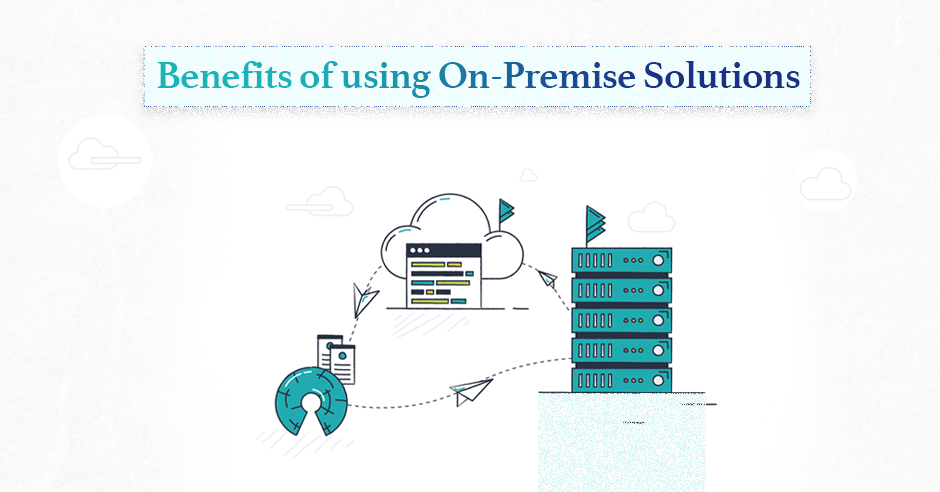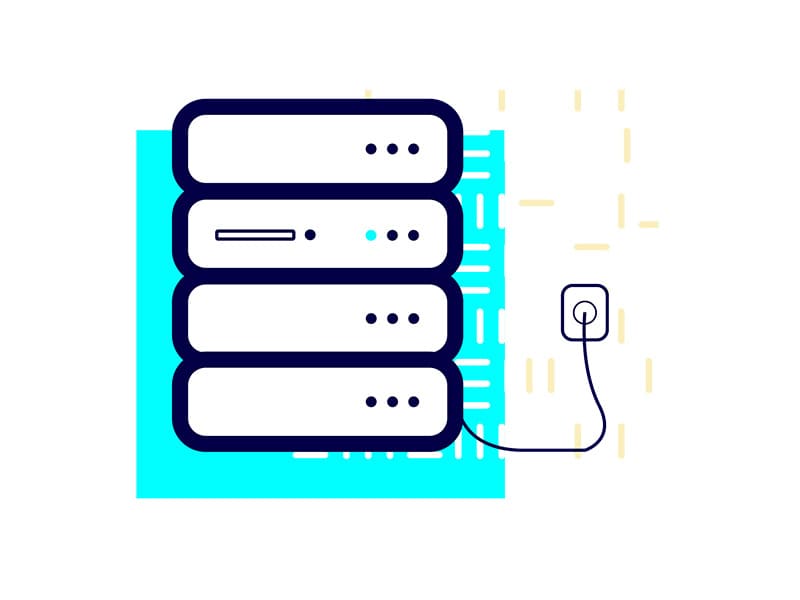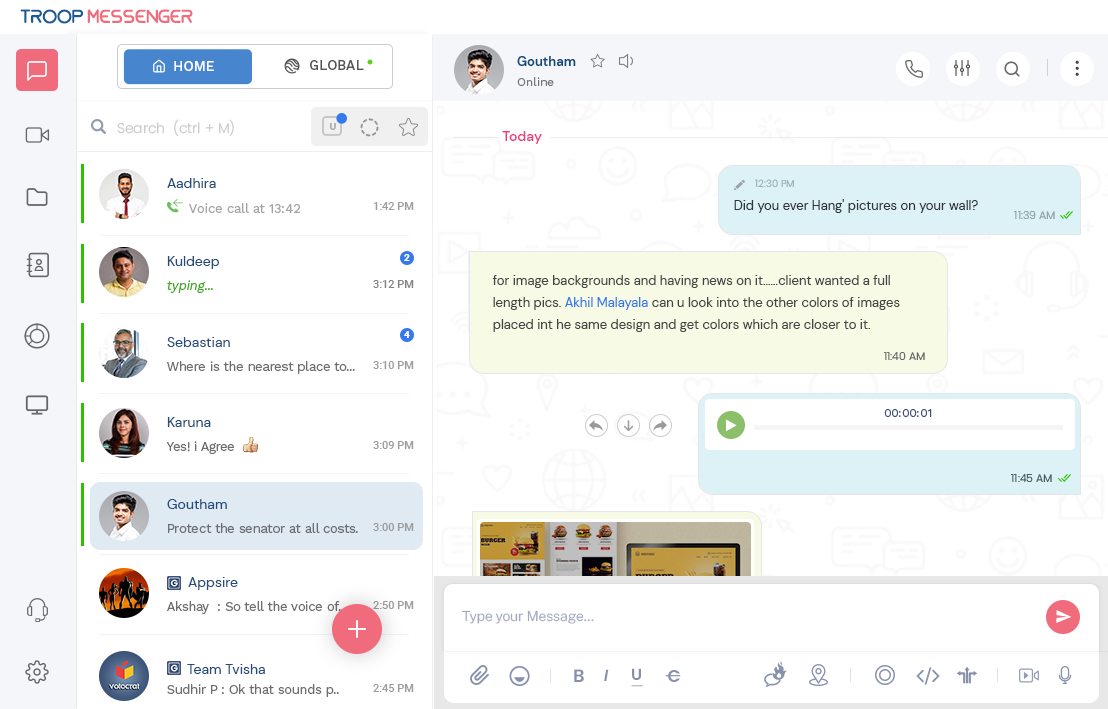Connect with us

On-premise Solutions: Benefits for Governments & Enterprises
Albeit knowing the risk, being a highly regulated Government body, do you still risk hosting your sensitive data over the public cloud? It must be a thinkable idea for small and medium-sized businesses to migrate or host their information over SaaS-based applications or on cloud servers. But, the amount of damage that is irrevocable could go unthinkable and unimaginable for data-sensitive enterprises like Governments, Defence Agencies, Medical, Banking, and Large businesses.
Even though self-hosting is considered to be a traditional form of the delivery model while acquiring software or applications, this model is still a big favorite to many large enterprises and Governments where protection of data sensitivity holds a strong foothold in these highly regulated entities with this kind of on-premise solutions. Though Self-Hosting
- needs downloading and installation
- seemed to be a big responsibility
- has more operating costs
- is little heavy
- needs resources to maintain your servers
- includes application maintenance and up-gradation costs
Data ownership, data privacy, customization, and controlled databases, are a few key takeaways of the self-hosting delivery model to be not missed out at all.
Table of Contents
What is self-hosting?
You don’t want any third parties to intrude on your environment? Want to have full-level access and control over your highly confidential and sensitive information? There you go, we say you are on the right page with the right information around you.....
To be precise.....
Self-Hosting is the method of locally hosting and managing software or applications on your own servers and databases. These on-premise chat applications help you store data on your servers instead of renting on SaaS providers.
What resources do you need to self-host applications?

For large teams and those who do want to use the application for a higher duration, then considering self-hosted delivery would be an ideal choice. Therefore, let’s see what pre-requites we need to host applications on our private cloud.
- Hardware requirements include your server space. Though you can host them on a wide range of can Benefit servers such as Azure, Self-hosting, Digital Ocean, Rack Space, Salesforce, IBM, Oracle, Alibaba, etc, ideally most would go with Google Cloud and AWS.
- A good DevOps team is essential to go around with the process of docker installation and its maintenance.
- An installation Guide from the service provider is what you need to follow while hosting the application.
- And as far as the databases are concerned, it all depends on what databases the application or software has been developed on. Based on this you need to have a database selection. My SQL goes well with the Self-Hosting delivery model.
There are a good number of software applications available in the market that extends both the delivery models; the SaaS version and Self-Hosting. Say, for instance, take Troop Messenger, a rapidly expanding business collaboration application. It has varied delivery models like SaaS, Self-hosting or on-premise applications, Chat APIs, and custom apps. The Troop Messenger’s SaaS and Self-Hosting versions both have the same features in it. It all depends on the size, form, and security requirements of the firms that finally opt.
Why self-hosted delivery model best suit Governments and Big enterprises?
Are we not responsible for protecting our personal data? Along the same lines, Is it commendable if Governments react slowly if there is any data breach in the country’s national security? Certainly not!
It is noticeable that 50% of the world’s population went online, correspondingly there could be an inadvertent chance of data breach from the hackers if it is stored on the public cloud or server. This could result expensive for Governments and big enterprises.
To achieve the highest degree of security, they surely need to adopt the delivery model of Self-Hosting to avoid eavesdropping.
Quick Shots to Why?
- Enterprises are worried about the vulnerabilities that exist in the cloud.
- Hesitant to completely migrate to public servers.
- Large team-sizes
- High stakes of migration from local server to public cloud and vice versa.
- Customizations are allowed
- Maintenance in a controlled environment
Keeping the above findings in view, most of the Governments Ministries/Departments and Large Enterprises such as telecommunications industries, finance firms, E-commerce portals, manufacturing plants, etc., opt to secure their information on their local servers with self-hosting.
A quick look at Pros and Cons
Pros: Cloud
- Ideal for small teams
- Cost-effective
- Pay as you use
- Application Maintenance staff is not required
- 24/7 support with technical assistance
- Automated Software Updates
Pros: Self-Hosting
- Ideal for large teams/groups
- the deal for data-sensitive entities such as Governments, Defence, Large enterprises, and NGOs
- Your data on your own servers
- Unlimited Storage
- Scalable to all the users
- Within your intra-networks
- Can access source code
- 100% data-breach proof
- Have your own domain name
Cons: Cloud
- Restricted storage
- No access to source code
- Risk of data theft
- No access is allowed to your data the moment you cancel the subscription
- Data is not stored forever
Cons: Self-hosted
- Tedious deployment process
- Hidden infrastructure costs
- You need a proxy server, databases, and maintenance staff
- Manual software/application upgrades
- Instability due to customization
Conclusion: How Troop Messenger helps lock the back door?

“There should be only one main door to your data and its access”, this is the practice that Troop Messenger believes in. To substantiate this concept, Troop Messenger has introduced a robust enterprise security delivery model; self-hosting. The self-hosted Troop Messenger allows you to have access to its full-feature stack like in its SaaS model, to let you collaborate with bigger and larger teams of concurrent users.
Interestingly, it has a few functional features such as a private chat window for confidential conversations(Burnout), sending text and files to multiple users/groups in just one go(Fork out), advanced search to filter images, files, videos, contacts, location, and links, unread messages filter, etc., which you don’t find in any of its counterparts.
Operate Troop Messenger within your on-premise infrastructure for complete data access and control. Redefine data security with it.




.png)


